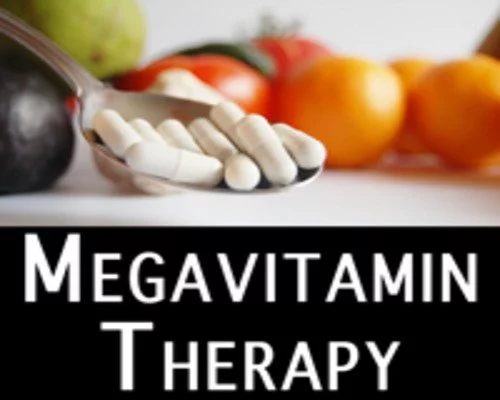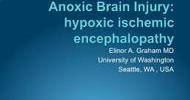Megavitamin refers to or is made up of extremely high vitamin doses. Megavitamin Therapy, also known as orthomolecular therapy, is the use of extremely high levels of vitamins to treat a variety of health issues. Because the levels prescribed far exceed the recommended dietary allowance, Megavitamin Therapy should be used only under the supervision of a qualified practitioner.
Megavitamin therapy is the use of large doses of vitamins, often many times greater than the recommended dietary allowance (RDA), to prevent or treat disease. Megavitamin therapy is commonly used in alternative medicine by practitioners who practice orthomolecular medicine. Vitamins are useful in preventing and treating illnesses caused by dietary vitamin deficiencies, but medical research has concluded that the broad claims of disease treatment made by supporters of megavitamin therapy are unsubstantiated by the available evidence.
A nutritious diet should supply the body with all of the vitamins and nutrients it requires to grow, function, maintain, and repair itself. However, as we all know, well-balanced diets frequently succumb to our time-crunched lifestyles – and the occasional lack of willpower.
Furthermore, a small percentage of the population has difficulty absorbing vitamins from their diet. Certain enzymes that break down vitamins and nutrients in food are defective in some people. Vitamin deficiencies can occur as a result of dietary restrictions caused by allergies or intolerances. According to research, the body’s ability to absorb nutrients and vitamins from food declines as it ages. And we know that pregnant women need considerably more iron to support the baby’s growing placenta, as well as their own body.

It is widely accepted that exceeding nutritional requirements for any vitamin will result in either toxicity (vitamins A and D) or simply being metabolized; thus, evidence in favor of vitamin supplementation only supports doses within the normal range. Some aspects of orthomolecular medicine have been characterized as food faddism or even quackery by critics. According to research on nutrient supplementation in general, some nutritional supplements may be beneficial, while others may be harmful; several specific nutritional therapies have been linked to an increased likelihood of the condition they are meant to prevent.
Vitamin supplementation has been shown to help with a variety of health issues. Anaemia, for example, is a well-known condition caused by a prolonged lack of iron. Over time, a lack of Vitamin D can cause bone softening, a condition known as osteomalacia. Vitamin K deficiency is characterized by uncontrolled bleeding and cartilage calcification. When people with these conditions take the appropriate vitamin supplements as prescribed by their doctor, their health improves.
Megavitamin therapy must be distinguished from the traditional “vitamin supplementation” approach of multivitamin pills. Megavitamin doses are far higher than the levels of vitamins found in typical western diets. A study of 161,000 people (postmenopausal women) provided “convincing evidence that multivitamin use has little or no influence on the risk of common cancers, cardiovascular disease, or total mortality in postmenopausal women,” according to the authors.
















